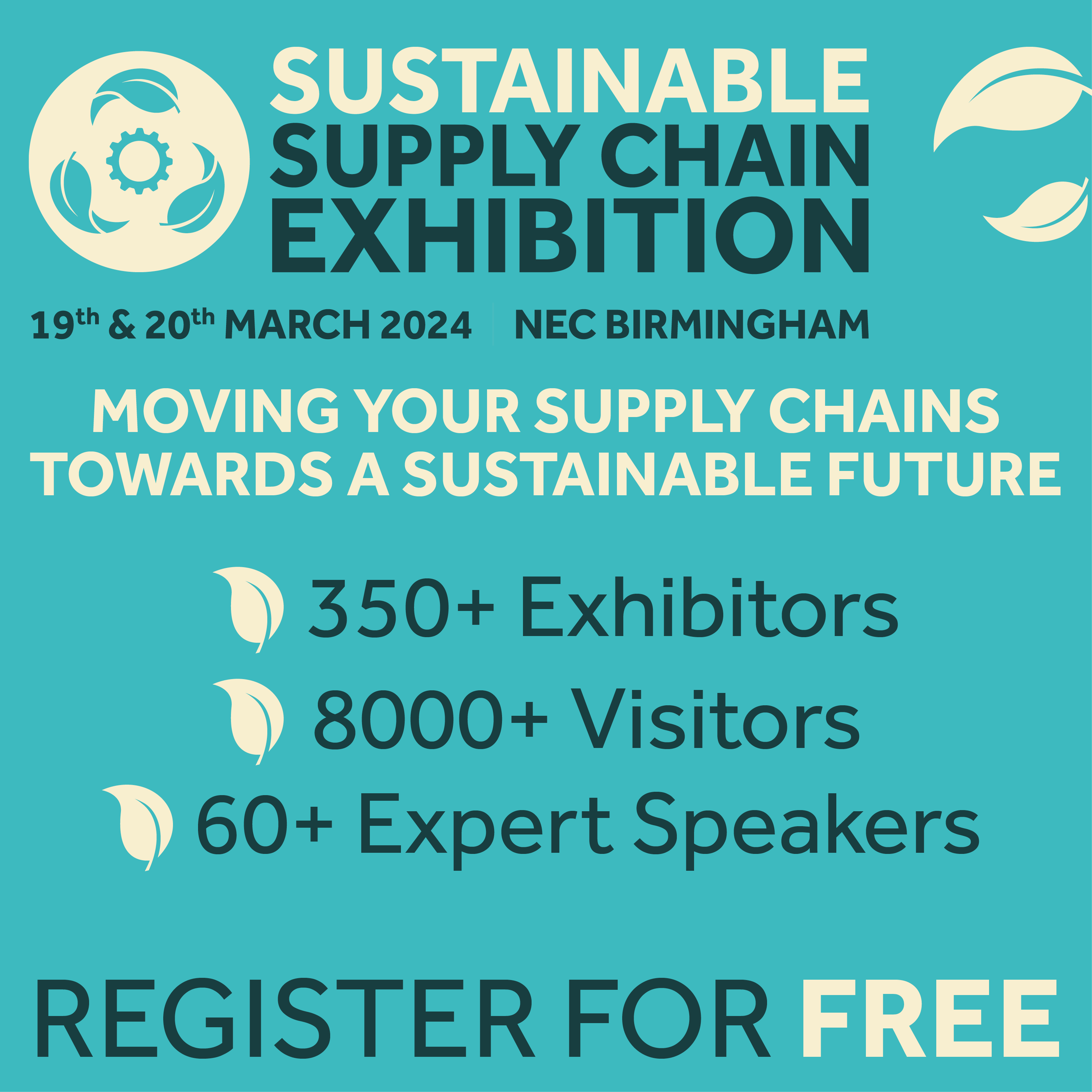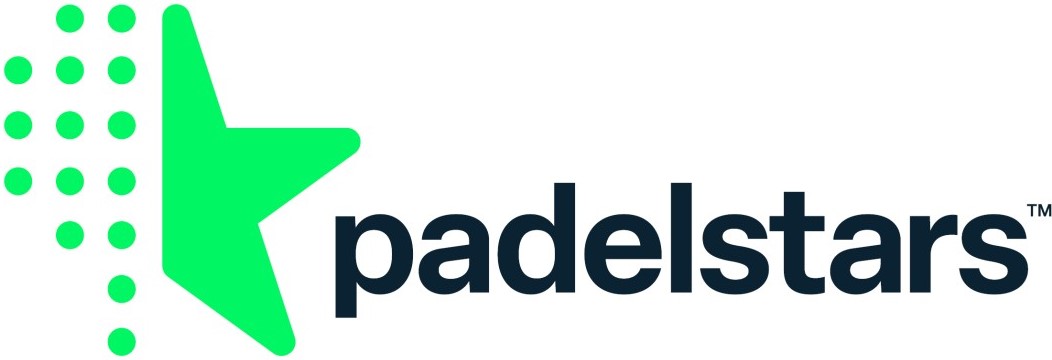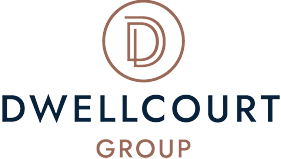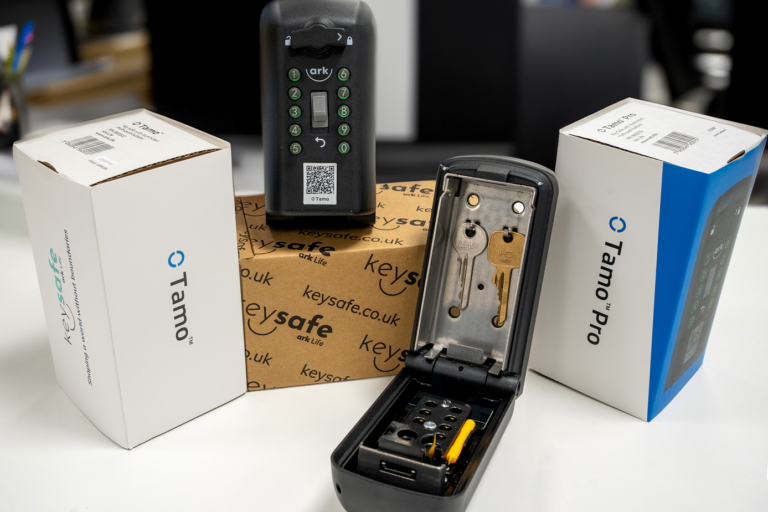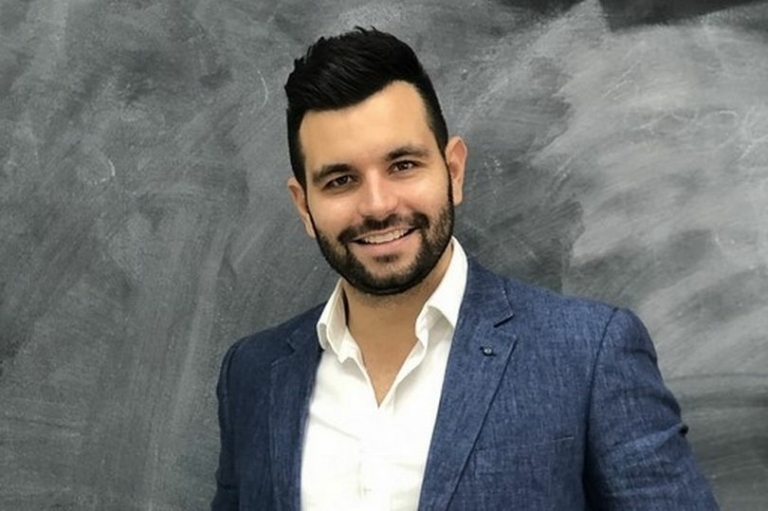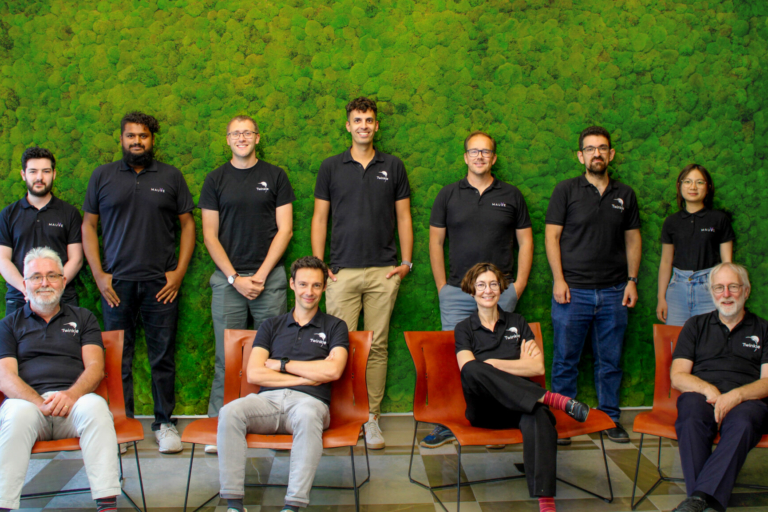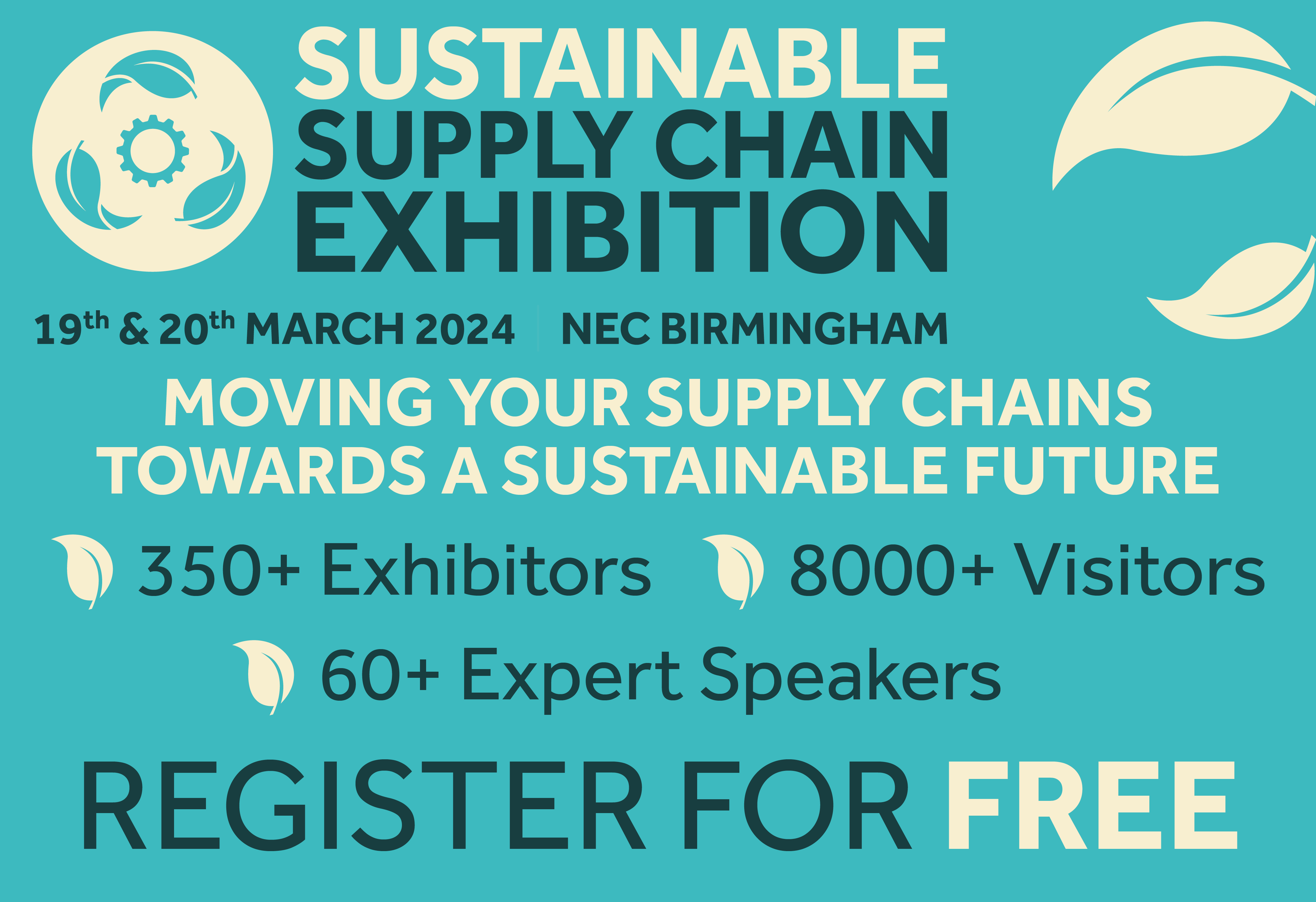How to survive, thrive and inspire in marketing in 2022
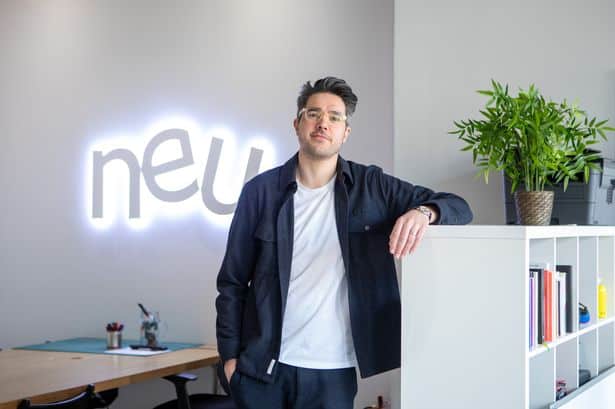
The Business Magazine is always keen to showcase new thinking when it comes to tackling real world problems and that is why we have joined up with Label Ventures who last year published a collection of features on strategy, design and innovation under the FLIP banner.
Over the coming weeks and months we will publish a selection of entries from the FLIP book to share some of the innovative ideas contained within.
We would very much like to create a FLIP book full of creative thinking from the South East so if you think differently when it comes to the challenges of work or life and want to share your views then please do get in touch with me Stephen Emerson, head of content for The Business Magazine.
Grant MacLennan is the founder of Neu, a Glasgow based team who design and develop digital products and services for the world’s most respected brands.
A self-taught developer and self-styled “total httpster,” MacLennan has masterminded eye-catching campaigns for everyone from Tennent’s lager to Coldplay, and created innovative, internet breaking products drawing a line between technology and popular culture. In a wide-ranging conversation, MacLennan shares revealing insights into how he works, how he stays at the cutting edge, and where he finds his inspiration.
In your line of work, do you think it’s better to be a generalist or to be niche?
Businesswise I’m a generalist; I’m interested in lots of different businesses. I think the secret is seeing things happening in one industry and applying them to another industry, reading between the lines. I think I’ve had ADHD since I was a kid, but it’s never been diagnosed. I was reading articles about it, and one person mentioned that they find things funny that other people don’t find funny, because they join them up to other things. I absolutely do that, too. It works in a creative process as well because you think‘I saw this thing over here, I saw this thing over here, and I think there’s a gap in the middle, which this thing fits into.’
READ MORE: How remote working will transform the shape of our cities
What made Neu famous?
Making things that are interesting, that have kind of popped. The first thing was [online radio station] Poolside, which I made with a friend of mine that went viral. We did an ad for Tennent’s that was in The New Yorker. We’ve done stuff with the music industry that’s popped. Exit Brexit did really well. The interesting thing now is people come to me for consultation, like, ‘have you got an idea for this?’ Which is great, but it can be very hit or miss.
In what way?
It’s just very hard to drive that as a business model and I felt it wasn’t really creating value. We did it for a number of years, especially in the music industry. It was like, ‘hey, Coldplay have a new album coming out, can you make something that would be interesting?’ We’d work really hard for four weeks, and then launch it. It’d get half a million hits or interactions and then disappear after a few days. That was fun but it felt like a waste of our time.
Tell us about Exit Brexit.
It was the time of the Brexit deal going through Parliament. We didn’t think Brexit was a good thing, so we thought, ‘let’s do something.’ We thought, ‘how would we tell our MP of our dissatisfaction over Brexit?’ We basically built a thing where if you put in your postcode or you geolocate yourself, it would tell you who your MP was, and it would automatically generate an email to them. We got something like 170,000 people in one day sending emails to their MPs. It got raised in Parliament, which was quite cool.
What’s your attitude to marketing?
I used to hate marketing and branding, I thought it was bullshit. I thought if your product was good enough, it didn’t matter. Turns out that’s absolutely not true, and marketing and branding and communication is so important in every single business if you want to grow. We did a rebrand recently where we used some stuff that makes the future an important part of it. I like this idea of talking to our market and saying, ‘look, we’re already doing it. The train has already left the station, do you want to jump on it or not?’
READ MORE: The Undercover Economist on how to manage your time and attention
How do you focus, managing multiple different projects at once?
I’m awful at focus, absolutely awful at it. I've had to work really hard in order to draw that focus down. I’ve clarified how involved I am throughout the process, and what percentage of me gets put into discussions around research, talking about the problem as we see it, aligning to the original strategy and then completing and moving from good to really great. What I’ve tried to do is, instead of looking at Neu as a lump, I try to see the business as pieces and switch my focus between those pieces. The thing I’ve only recently come to realise is that life is quite long, and you can do things in five year timeframes. If you try and do everything within five years, you’ll just end up doing nothing.
Are there specific frameworks you follow?
No, but that’s something we are actively working on. It’s generally: let’s just jump on a call, I’ve hired some people who I think are smart and we work well together and can have interesting discussions, and we’re on Twitter enough to see interesting things. We talk and come up with thoughts and ideas organically. Which is fine, but it’s not easily replicable. In the last few months we’ve been working to build processes. Without being too tight, because you don’t want robots.
How do you set up a team?
Traditionally I’ve hired on fit, but more recently I’ve realised that sometimes you need to hire on abilities and skills. That’s been a bit of a learning curve. I’ve always had this belief that if I like you and think you’re driven and smart, I believe that you can learn to do anything, achieve anything. But as the business gets larger, and customers expect more, you need to hire people who have done the thing before.
Are there particular behaviours or things you look for and actively cultivate?
Yeah, a few. One is passion, drive. Another is a positive attitude – I don’t like working with people who think everything’s a problem. You have to turn every problem into an opportunity. I like hard working, sound people.
How do you manage to avoid creative burnout?
Personally, I just keep going until I’m tired then stop. I don’t think I’m burnt out as such, but that’s OK. The problem we have with Neu is that the workload fluctuates up and down. We’re trying to get into a way of working in two week brackets, and everyone defines what they’re going to do in those two weeks. I’m looking to build rhythm and cadence in the business. Because the two downsides to not having cadence are: one, you just start sprinting and you don’t know when you’re going to stop, and that’s when burnout happens. The opposite side comes when when you’re quiet and think, ‘oh, what should I go and do now?’ and that can be a bad thing as well.
Tell us about some of the weird things you’ve built yourself.
I built something on Twitter a couple of years ago called DJ Lazy Set, where you tweeted the name of an artist and it replied automatically with a playlist. That went so big that Twitter closed it down because it was sending so many tweets. There was another I did on Twitter called MJ’s Mixtape, based on a scene in the Michael Jordan documentary on Netflix where he’s got headphones on and he’s bobbing his head. I built this thing where, if you tweeted at MJ’s Mixtape with the name of a track, it automatically generated the video with the track over the top pulled from Spotify. I quite like seeing memes or things in culture and thinking: how do you automate them?
Where do you go to feed your brain? How do you take the pulse of what’s going on?
I follow interesting businesses, like MSCHF. They were an agency who said ‘we don’t want to work with clients anymore.’ I don’t really have any specific go-tos on Twitter, but quite often you’ll see stuff and think, ‘oh, that would be cool if you applied it to this.’ And then you’ve got the technical part which aligns to it. The website that would tell you which McDonald’s in the US had the ice cream machine on or off was great. They’ve taken this idea from the culture of McDonald’s never having the ice cream machine on, and then they’ve used technology in order to very simply draw a line between the two. Stuff like that, it’s just funny.
READ MORE: Ex-Standard Life CEO Julie Scott on lessons learned from managing through a crisis



